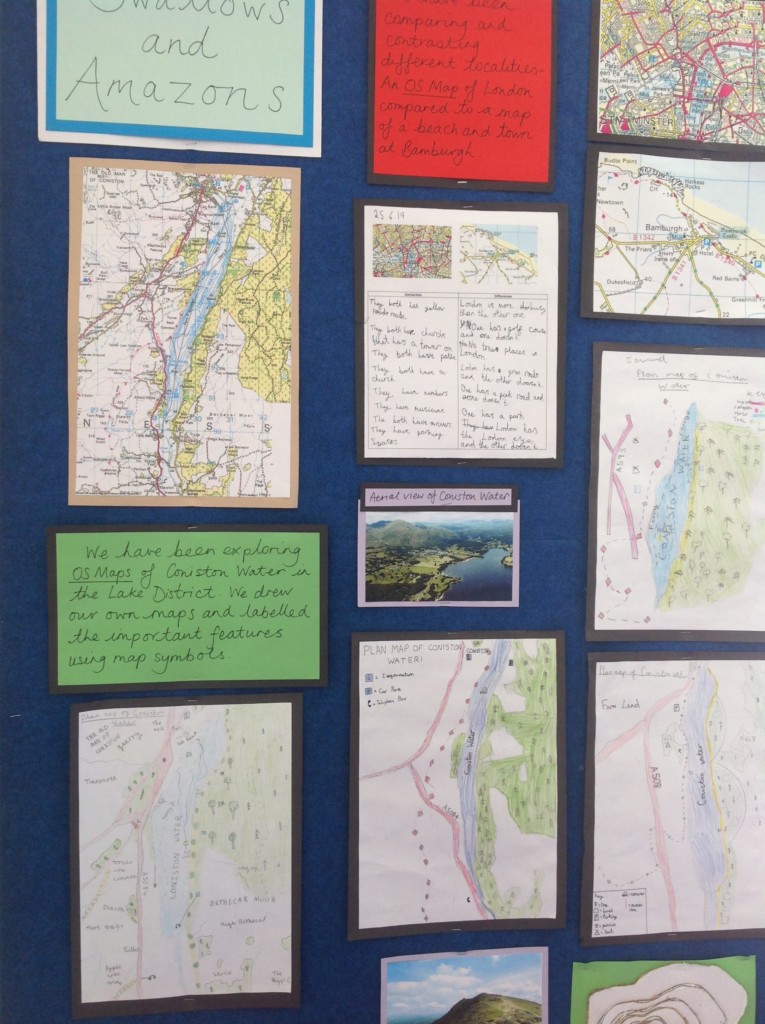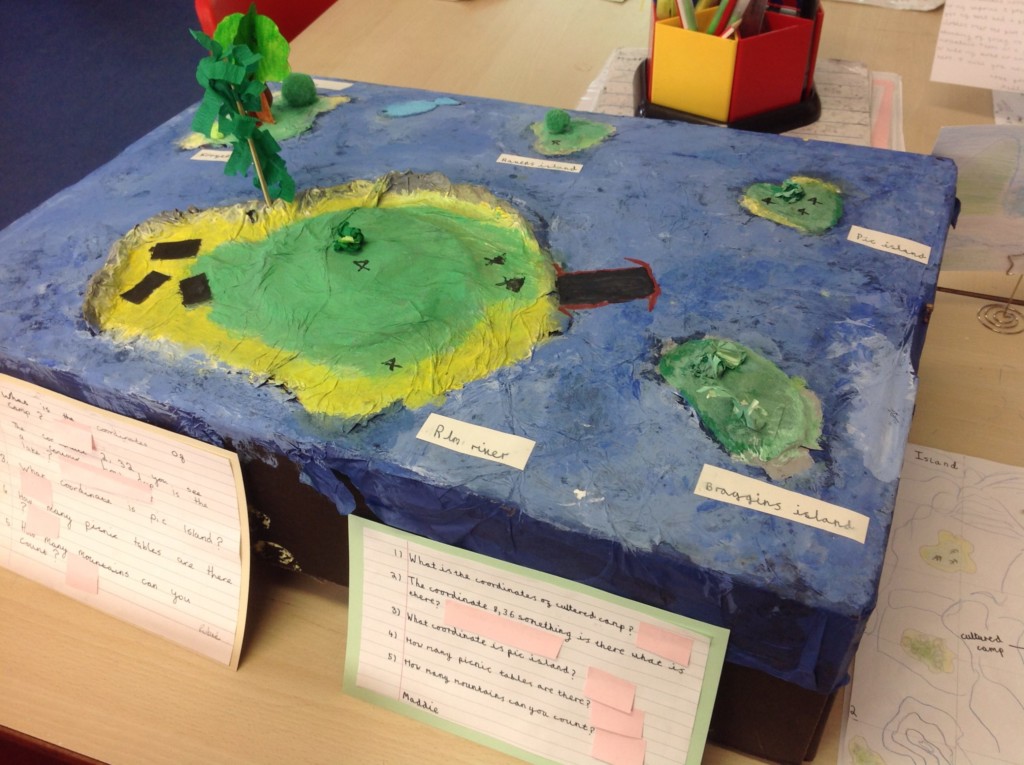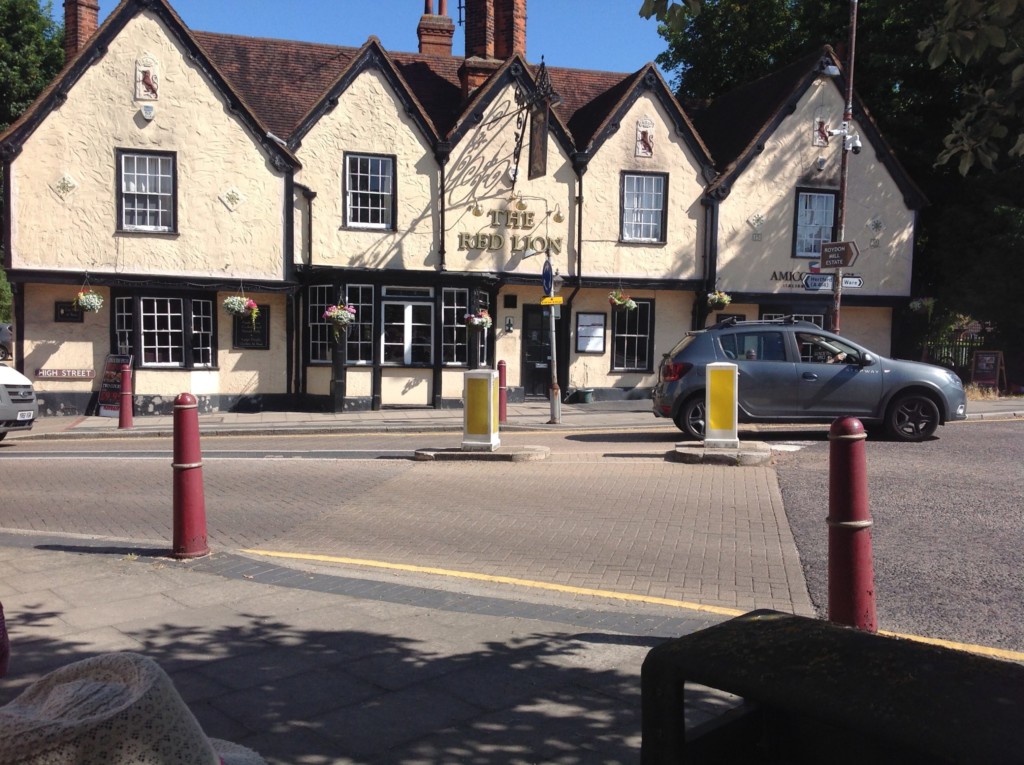
- Geography Skill builder (576.29KB)
- Geography Progression EYFS-Year 6 (776.14KB)
- Geography Knowledge Organisers (815.44KB)
Aims
At St Andrew’s Church of England primary school, we aim to:
- provide a broad, balanced and accessible curriculum which fulfils the requirements of the National Curriculum for geography;
- to plan and deliver a high quality geography curriculum which inspires pupils to have a curiosity and fascination about the world and its people and to develop an understanding of their place in the world.
- ensure the progressive development of geographical concepts, knowledge and skills;
- ensure our curriculum is fully inclusive to every child.
- develop our children’s geographical skills: collecting and analysing data; using maps, globes, aerial photographs and digital mapping to name and identify countries, continents and oceans; and communicating information in a variety of ways.
We want our children to enjoy and love learning about geography by gaining knowledge and skills, not just through experiences in the classroom, but also with the use of local visits, fieldwork and educational visits
Intent-the knowledge and skills that pupils will gain at each stage through the school’s curriculum
Our curriculum is progressive sequenced throughout the whole school, building from the relevant EYFS Development Matters statements for Nursery and Reception through the National Curriculum geography statements for Year 1 to Year 6.
How the curriculum is planned: Our Knowledge Organisers map out the key substantive knowledge that we expect our children to develop as they progress through the school from our early years to year 6. Teachers use these as the starting point for their planning. They also use our geography wheels to help determine the teaching approach for specific geography lessons. These wheels make explicit the key features of geographic enquiry, so that pupils learn to use a variety of approaches to answer relevant geographic questions. This helps to build their disciplinary knowledge.
Implementation-How the curriculum is taught and assessed.

Early Years: Geography within the early years is taught under the heading “Understanding the World” which is one of the seven key areas of learning. Teaching of understanding the world is linked to half termly topics.
Children complete both adult led tasks and have opportunities to deepen their understanding through child initiated activities.
Teachers always aim to extend the children’s vocabulary around the areas being investigated, through purposeful interventions.
Key Stage 1 and 2: Using the geography subject knowledge organiser and geography wheels, teachers across KS1 and KS2 plan and deliver lessons that build upon prior knowledge from previous year groups and previous sessions. Geography is taught regularly in each half term.
How children are guided to improve during lessons? We have child-friendly KO which are stuck into the children’s geography books which are used in a variety of ways.
- To look back on previous geographical learning
- To look forward at what will be covered
- For the children to annotate with new vocabulary or look at vocabulary previously learnt
- For children to self-assess their own confidence in particular areas.
Teachers use a variety of summative and formative assessments to track children’s understanding both throughout lessons, blocks of work and across the years.
Impact- the outcomes that children achieve as a result of their education
In our assessment of the impact of geography in St Andrew’s we would expect to see;
- children who enjoy learning about geography, therefore encouraging them to undertake new life experiences now and in the future;
- children who are building up their substantive knowledge of geography. That they understand that our geographic knowledge is continuously growing. That it is a vibrant and exciting subject;
- children at St Andrew’s equipped with geographical skills and knowledge that will enable them to be ready for the curriculum at Key Stage 3 and for life as an adult in the wider world.
- children who understand the pedagogy of geography and have a growing disciplinary knowledge of the subject.
- Teachers who feel that they are well supported with materials, resources and training to help them plan meaningful, sequential and knowledgeable units of work.
- a clear progression of children’s work evident in their geography books;
- our SLT and governors kept up to date with developments in the way geography is taught in our school with subject visits, action plans and review meetings.


